Gulf Coast
Reforestation Project and Memorial Trees in Alabama, Florida, Louisiana, and Georgia
Sympathy Gifts That Live Forever
The Gulf Coast has a rich and diverse history, where reliance on healthy habitats and natural resources often defines the communities themselves. However, these areas have seen numerous perturbations associated with living on the interface of land and sea. Broader climatic impacts, such as increased precipitation events and coastal flooding, are compounded by land-use changes and increased development. Hurricanes, in particular, have caused extensive damage to both our communities and natural resources, and this project aims to address these damages and create a more resilient landscape to abate future challenges in the Gulf Coast region. This proposal will focus on bottomland hardwood reforestation, upland longleaf, and pine reforestation across the Gulf Coast, balancing human resource needs, environmental stewardship, and natural disaster recovery.
Trees Available
2,100,000
Longleaf pine, Loblolly pine, Slash pine, Swamp chestnut oak, Water tupelo, Baldcypress, Water hickory, and Red maple
PROVIDE WATER
More than 50% of U.S. drinking water comes from forests. Trees pull water out from the ground and release it back into the rivers and lakes.
CLEAN AIR
Trees have been dubbed the “lungs of the Earth” because they absorb pollutants and filter contaminants in the air.
CREATE OXYGEN
One large tree can provide a day’s supply of oxygen for up to 4 people, while 2 ac. of forest provides enough for 500+ people each year.
IMPROVE SOIL
Trees break down organic matter then release nutrients back into the soil, which counteracts plants that take these nutrients out of the soil.
PREVENT DISASTERS
Tree root systems absorb water and stabilize soil, which help prevent erosion, flooding, and other natural disasters from happening.
HELP WILDLIFE
Trees are essential to wildlife and ecosystems. They provide food, protection, and homes for many birds and mammals.
